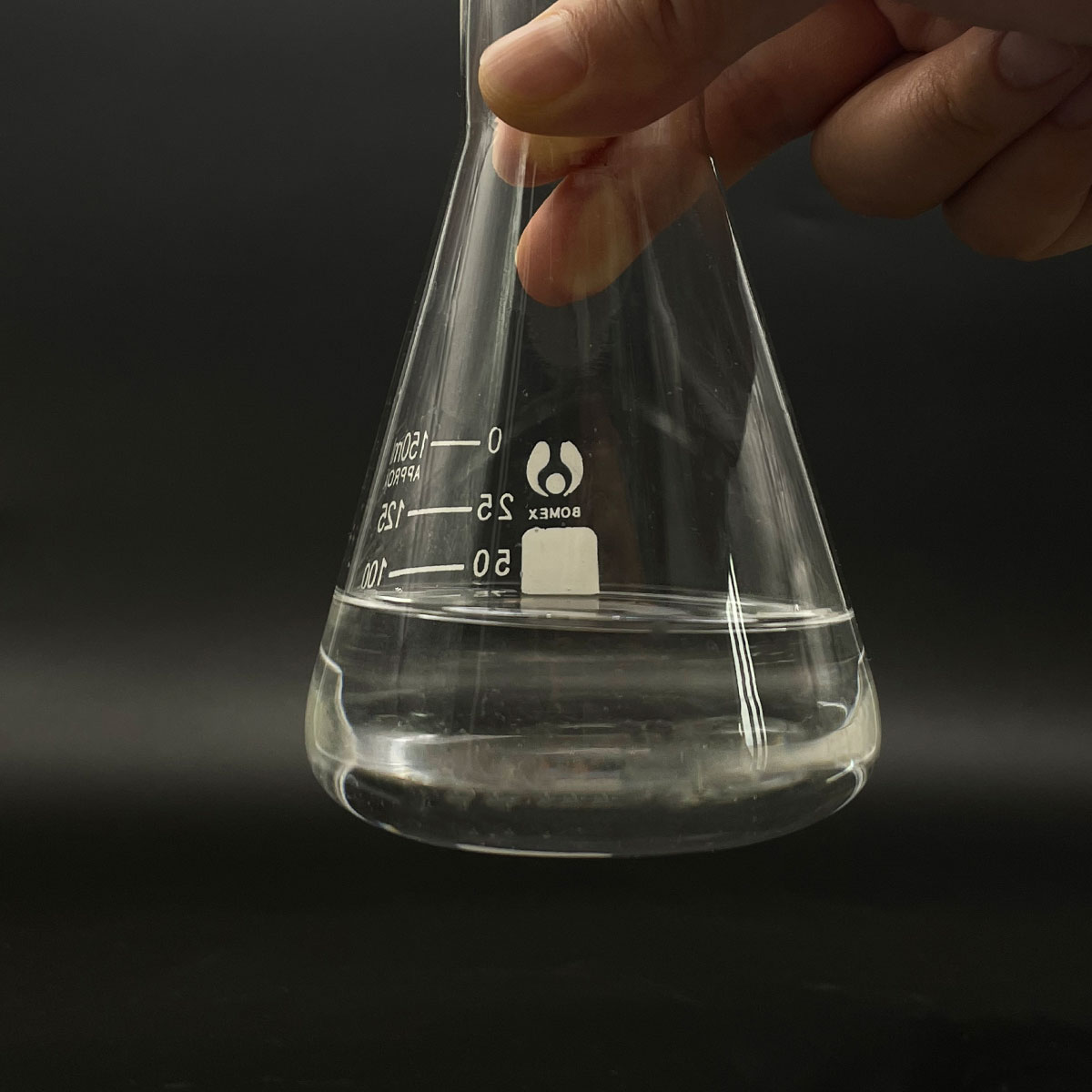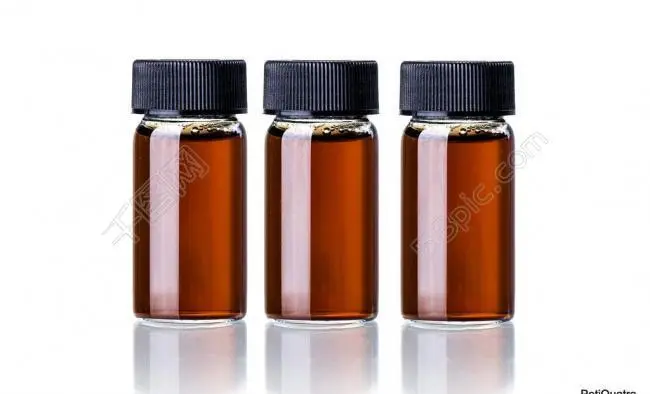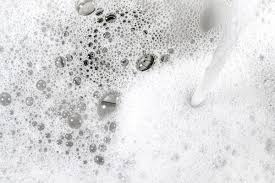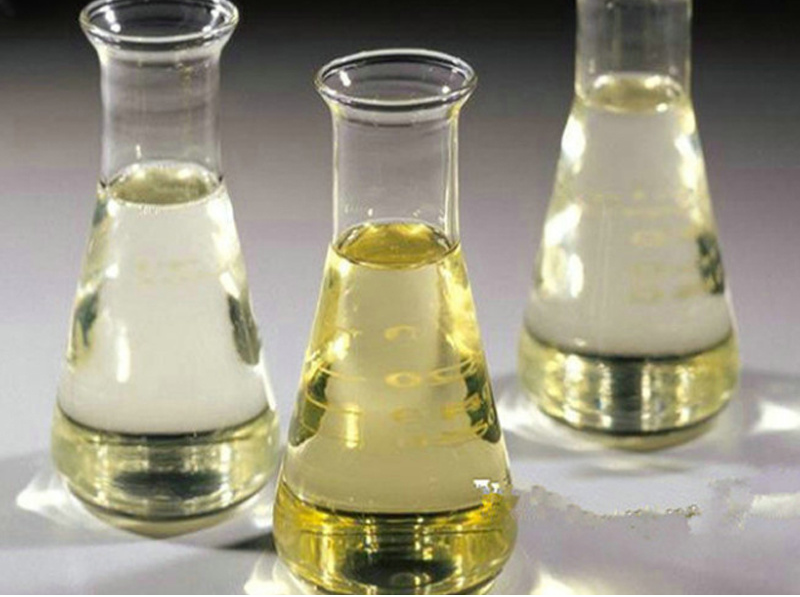**Title: Borax Unmasked: Is This Household Hero Really a Surfactant?**
(Is Borax A Surfactant)
We toss borax into laundry loads and scrub sinks with it. It’s famous for cleaning power. But what gives borax its muscle? Is it secretly working like those surfactants listed on fancy detergents? Let’s dig into the gritty truth about borax and surfactants.
**1. What Makes Borax a Surfactant?**
Borax, scientifically sodium tetraborate decahydrate, isn’t a surfactant in the classic sense. Think of surfactants as molecules with split personalities. One end loves water. The other end hates water and loves grease. This dual nature lets them break down grime. Borax works differently. It doesn’t have this distinct head-and-tail structure. Instead, borax acts more like a water softener and a pH booster. When dissolved, it releases borate ions. These ions interfere with substances that make water hard. Soft water helps *real* surfactants work much better. Borax also makes the cleaning solution more alkaline. Higher pH breaks down fatty acids and greases, turning them into soap-like substances themselves. So, while borax isn’t a surfactant itself, it sets the stage for surfactants to shine and even creates mild cleaning agents.
**2. Why Borax Works Alongside Surfactants**
Borax isn’t the star cleaner. It’s the ultimate support player. Its power comes from chemistry. Hard water contains minerals like calcium and magnesium. These minerals bind to surfactants. This binding makes the surfactants less effective. Borax steps in. The borate ions grab onto these hard water minerals. This frees up the surfactant molecules to do their real job: attacking dirt and oil. Borax also raises the pH of the cleaning solution. Many common soils are acidic. A higher alkaline environment neutralizes these acids. It also helps saponify fats and oils. Saponification means turning fats into soap. This creates natural surfactants right where you need them. Borax makes the water softer and the solution more hostile to grime. This lets any added surfactants work at peak performance. It even generates extra cleaning power on the spot.
**3. How Borax Performs Cleaning Tasks**
Forget the complex chemistry. How does borax actually clean your stuff? It tackles problems in several ways. First, it softens water. Soft water feels different. It allows soap and detergent to lather richly. This rich lather lifts dirt from fabrics and surfaces much better than hard water can. Second, borax boosts alkalinity. Higher pH cuts through grease on stovetops. It brightens dingy laundry by breaking down organic soils. It even helps remove stains caused by acidic substances like coffee or tomato sauce. Third, borax has mild antiseptic properties. It helps kill some bacteria and fungi. This makes it useful for disinfecting surfaces and deodorizing. Fourth, it acts as a buffer. It helps maintain a stable pH level during cleaning. This stability ensures consistent cleaning action. You see borax work when your whites get brighter. You see it when greasy dishes come clean easier. You see it when that stubborn ring around the bathtub vanishes. It’s a multi-tool for household dirt.
**4. Borax Surfactant Applications in the Real World**
Borax might not be a surfactant, but its synergy with them is everywhere. Check your laundry room. Many laundry booster powders list borax as a key ingredient. It enhances detergent surfactants, fights stains, and softens water for brighter clothes. Look under the sink. All-purpose cleaners often use borax. It boosts grease-cutting power and disinfects surfaces. Need to clean tough grout or tile? Pastes with borax and water work wonders. Gardeners know borax. It’s used in some weed killers. It helps the active ingredients penetrate plant cells. Crafters use borax solutions. It helps make slime by acting on glue polymers. Borax is a staple in homemade cleaning recipes. Mix it with washing soda and grated soap for powerful laundry detergent. Combine it with vinegar for a potent scrub. Its versatility comes from making other ingredients work better and adding its own cleaning punch. It’s cheap, effective, and surprisingly multi-purpose.
**5. Borax Surfactant FAQs**
Let’s tackle the common questions head-on.
* **Is borax safe?** Used correctly, generally yes. But handle with care. Avoid breathing dust. Keep away from eyes and mouth. Don’t ingest it. Store it safely, away from kids and pets. Some people have skin sensitivity. Wear gloves if needed.
* **Can borax replace my detergent?** Not completely. Borax boosts detergent but isn’t a full detergent itself. It lacks strong surfactants. For light cleaning, a borax solution might work. For heavy soil or laundry, you still need detergent. Borax makes that detergent work better.
* **Does borax kill germs?** Yes, it has disinfectant properties. It’s effective against many common bacteria and fungi. It’s not a hospital-grade disinfectant. For everyday household sanitizing, it’s useful.
* **Is borax natural?** Borax is a mined mineral. It’s processed from natural deposits. This makes it distinct from purely synthetic chemicals. However, “natural” doesn’t always mean harmless. Respect its properties.
* **Why is borax banned in some places?** Concerns exist about potential health effects with significant, long-term exposure or ingestion. Environmental impact in large quantities is another factor. Regulations vary. Always follow label instructions and local guidelines. Using it responsibly for household cleaning is usually fine.
(Is Borax A Surfactant)
* **Can I mix borax with vinegar?** Yes, but with a trick. Mix borax with hot water first until dissolved. Let it cool. Then add vinegar. Adding vinegar directly to dry borax powder causes a reaction. It’s messy. Dissolving first avoids this. The mixture combines borax’s alkalinity and vinegar’s acidity for broad cleaning power.
Inquiry us
if you want to want to know more, please feel free to contact us.




